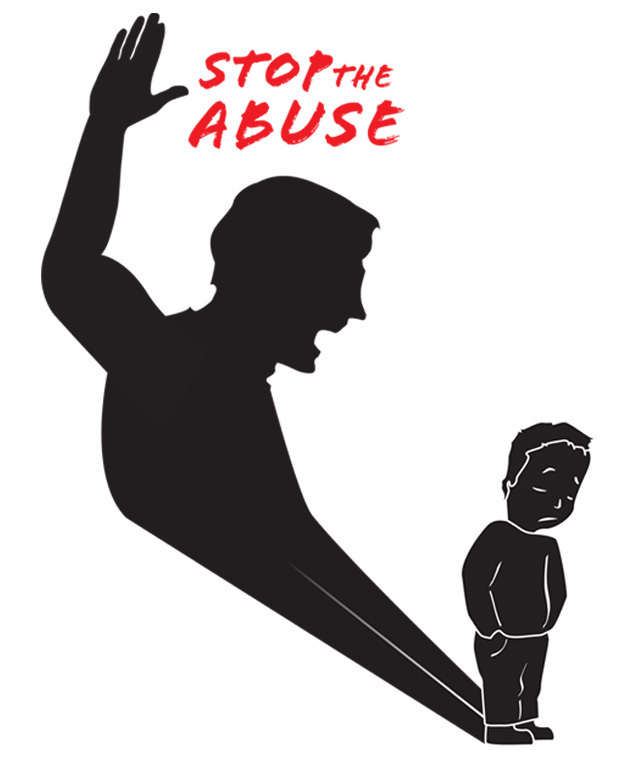One could at times raise questions like, is the African child different from the European child? Is the African child right less?
According to UNICEF, a child is a person below the age of 18(eighteen), unless the laws of a particular country set the legal age for adulthood younger.
The child as an age grade has her rights and as such to be treated as one with rights. In coherence, onus is laid on parents to ensure that each child’s right is not hijacked.
This article could be influenced by her immediate environment. The African writer Camera Laye wrote a book titled “THE AFRICAN CHILD”. Wondered about his choice of title? The salient yet prominent truth is not farfetched. The African child is a child of Africa. Her rights are scribed and enforced by Africa, in the African way.
Child abuse rags and scrapes the street of Africa, perhaps, in oblivion. The UNICEF’s definition of child rights and child abuse is yet to be fully incorporated into the heart of the African progenitor.
The African parent’s notion of child upbringing have perhaps transcended from biblical inferences. The African parent probably, has adopted the biblical morale “spare the rod, spoil the child”. This is a perfect blue print to a good child upbringing, however, it has been extremised. It is obviously as a result of an extravagant understanding or rather a myopic vision of the intended truth by the writer from the biblical inference. I have not met to say the African has a lower intellectual capacity. Of course it is not true. However, it is of necessity to note that the brain understands issues based on time and terrain. This is an unrecognized fact anyway.
Child abuse is an issue ravaging the streets of Africa and as a result has put the future of the child at stake. Child abuse has ranged from violation and deprivation of the child’s immediate needs to its basic needs. Most prevalent of them includes; putting the child to tedious house chores which generates a negative impact on their academic performance, inability of parents/ guardians to provide the required daily allowance(RDA) for the child which affects the normal growth of the child, subjecting the child to adult labor on the streets and amongst others.
The African parent/guardian has more often than not subjected the child to labor or has violated the child’s right unconsciously. This is as a result of dematiad orientation that has maneuvered her way through the gone generations to the present. Prior to now, what the united nations and other human right organizations defined as a violation to the child’s right, is to the African parent/guardian a sin qua non to the passage of the African child to adolescence and adulthood.
Ignorance left unchecked endangers the ignorant. It will be of doom repercussion if the trend is left rolling. Curbing child abuse cannot be overemphasized. If need be, let every other issue be put on the hold, so that child abuse be tackled. The child has no voice because the abnormal has made itself the norm. the child is in comatose because its parent/guardian has forced her into undesired silence.
Child abuse looks not much of an issue in Nigeria, but it has tear triggering statistical values. A report by the US department of labor in 2010 claims Nigerian is witnessing the worst forms of child labor. In 2006, the number of child workers was estimated at about 15millions.
Now, to the average Nigerian, this figures are outrageous, overestimated and somewhat irrelevant. The truth is, the average Nigerian’s criterion of addressing child abuse is ill-equipped, relatively below standard and as such needs refurbishing.
Conclusively, there is a need for reconciliation of minds, standardizing of attitudes and reorientation of principles and believes. It is high time the child “the Nigerian child” started getting all that he deserves. Believes have so impeded the greatness of the average African child. There is a need for the African parent/guardian to program a new course for her child’s up bring.
Nemine, Funge-owei Michael, a poet and a freelance freelance copywriter, shuttles between Bayelsa and Lagos, Nigeria.
Contacts: +234 8161188518, [email protected].

